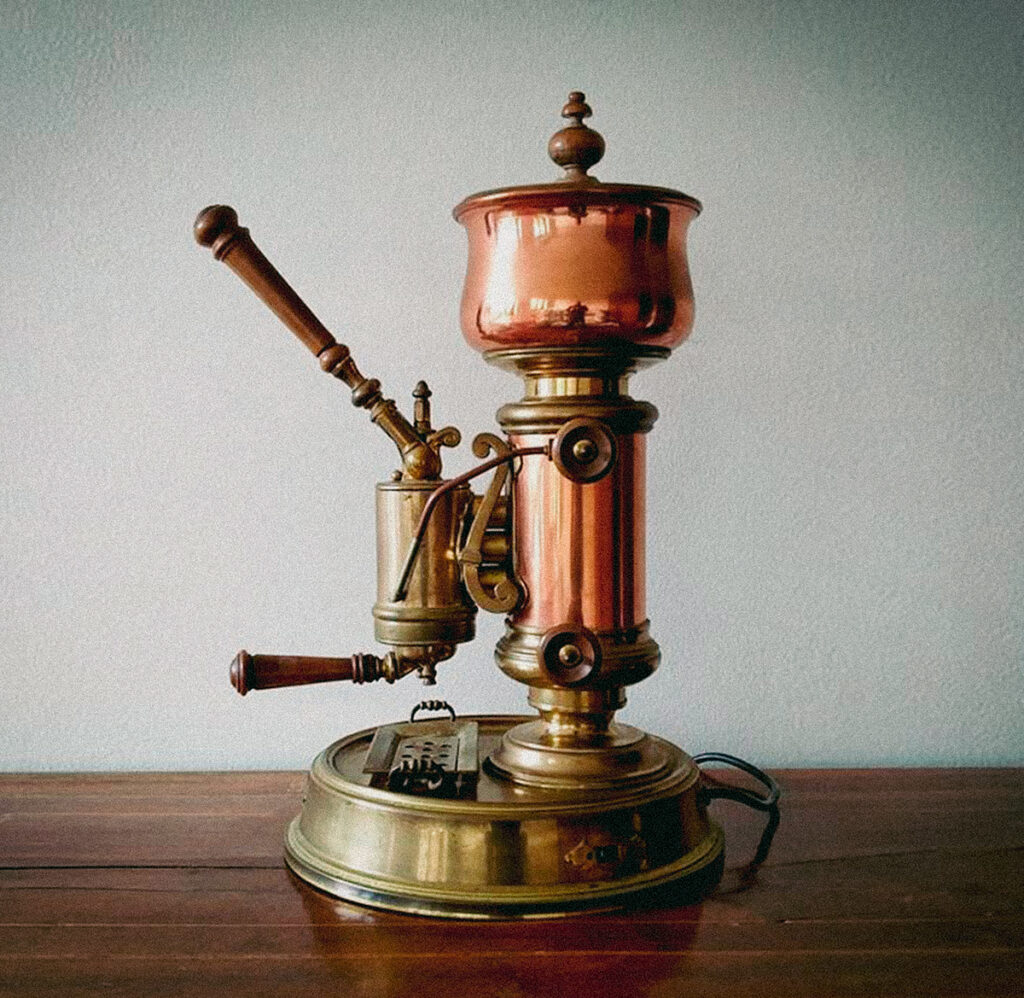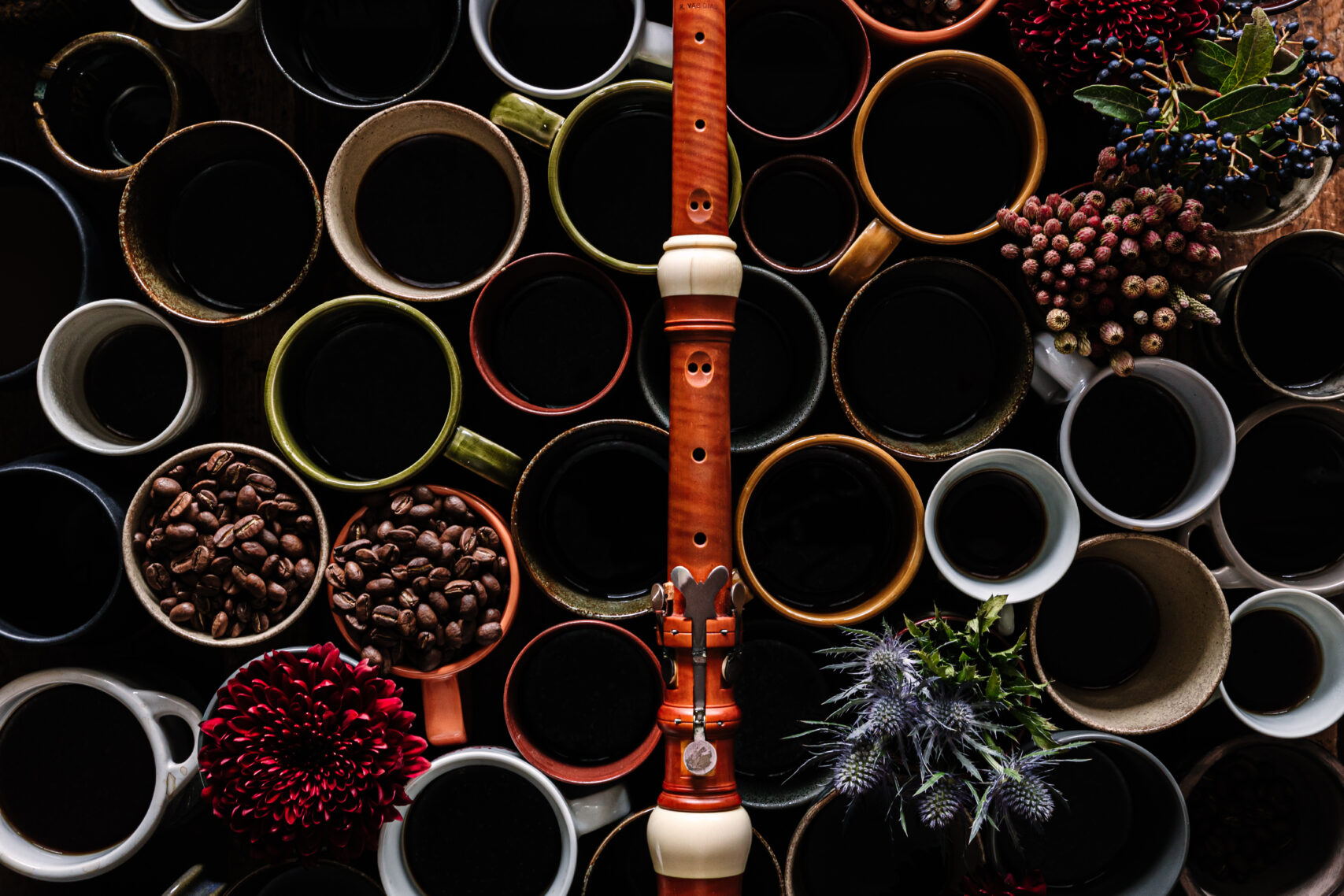The “sublime” (Gramophone) Italian oboist Alfredo Bernardini returns to lead Tafelmusik for Triple Espresso: Bach, Handel & Fasch, a high-octane program devoted to the music of Bach and his contemporaries on Feb 21 & 22 at 8:00 pm and Feb 23 at 3:00 pm.
Widely considered to be the leading baroque oboist of our time, Bernardini captivates audiences with his charismatic and engaging stage presence. We caught up with Alfredo recently and asked about the major influences on his life, his renowned ensemble Zefiro, and of course, his secrets for brewing the perfect espresso!
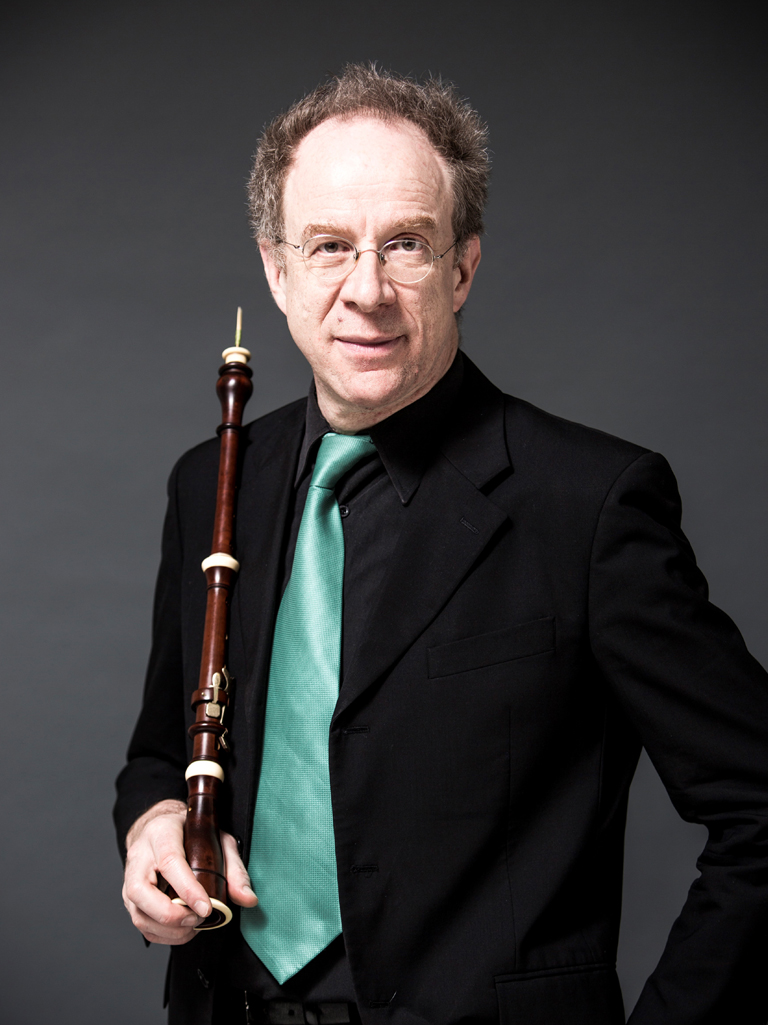
How did music first enter your life?
My mother had the brilliant idea of getting me to sing in a children’s chorus at age six. It was the choir of the Accademia Filarmonica in Rome, my hometown. Soon after, the same Accademia started a recorder class and that’s how I got into wind instruments.
My passion for (early) music was sparked in 1972 at the age of 10, when I attended the Urbino summer course created by the visionary Giancarlo Rostirolla. Urbino Musica Antica is still happening each year during the last 10 days of July, and I am currently its Artistic Director.
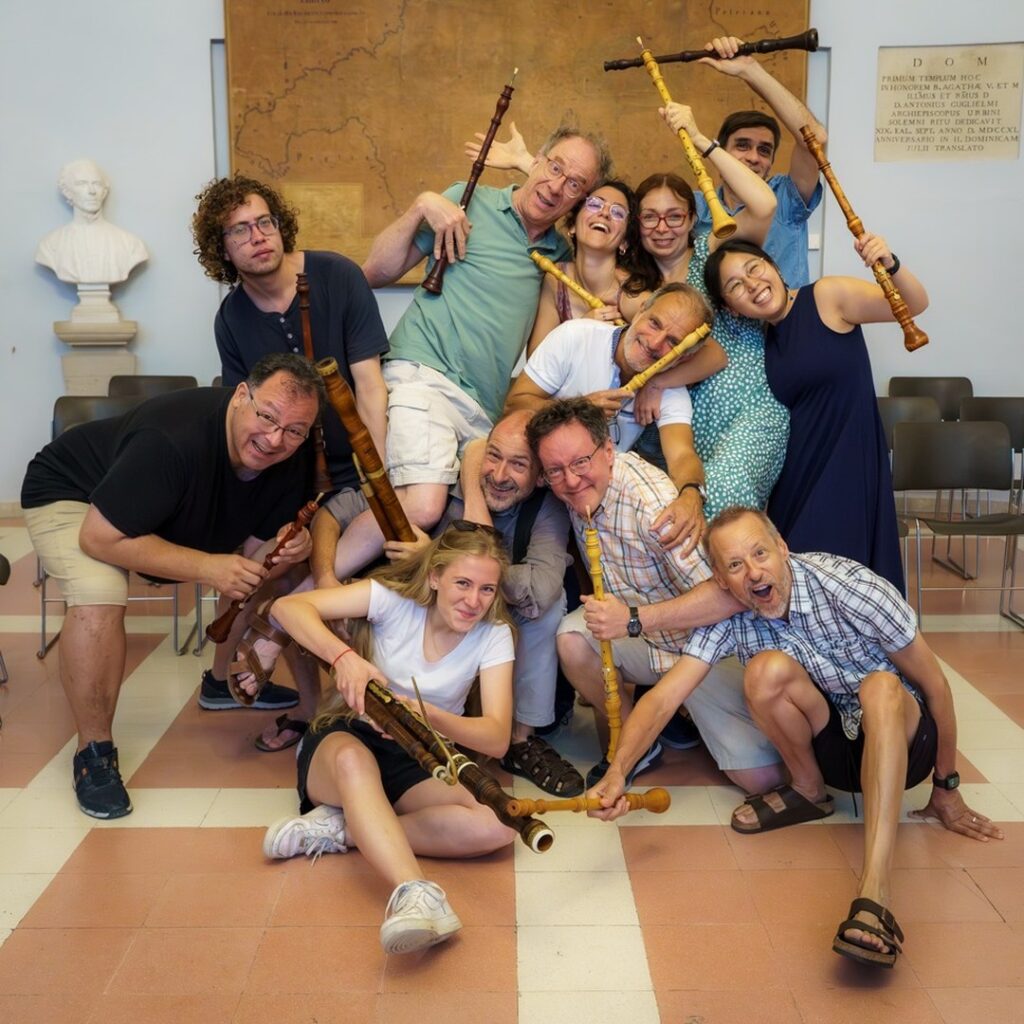
Who are the people who have had the biggest influence on you, musically or otherwise?
As a teenager I found great inspiration from the recordings of Bach cantatas directed by Nikolaus Harnoncourt and Gustav Leonhardt. Even if I couldn’t yet understand the German texts, I was flabbergasted by the freshness and the depth of their performances. It was as if the music had just been composed. Later, my teachers at the Conservatory of The Hague, Bruce Haynes and Ku Ebbinge, would give me the knowledge and tools to understand and play this beautiful music.
We’ve heard you conversing in English, Italian, Dutch, German, and Spanish. Where does your ease with languages come from, and is there one that “speaks” to you more than others?
Once again, an idea from “La Mamma” —my mother, who is still brilliant today at 95! She put me and my siblings into a French primary school in Rome and I learned French without even noticing. I guess this opened my mind to foreign languages and cultures and I always enjoyed picking up words and phrases from the countries I visited. Today I can attempt conversation in six languages, with inevitable dangerous misunderstandings! And I can shop and order in restaurants in another three, though still getting some things wrong. It’s fun!
Your Ensemble Zefiro is known as one of the very best of its kind. It’s also celebrated for the sense of humour and sparkle you bring to performances. Where does that “infectious wildness” (The Guardian) come from?
Zefiro has been around for 36 years and I find it an incredible privilege that we still enjoy playing together. Our goal is to make baroque music sound alive, through the study of its historical context, its performance practice, the appropriate instrumentarium, etc. It seems to work.
We also love to use our sense of humor to communicate with the audience and to express our feelings. The purpose of all forms of art is to evoke feelings, to touch our sensitivity, and make our lives more complete. Laughing and crying is all part of that.
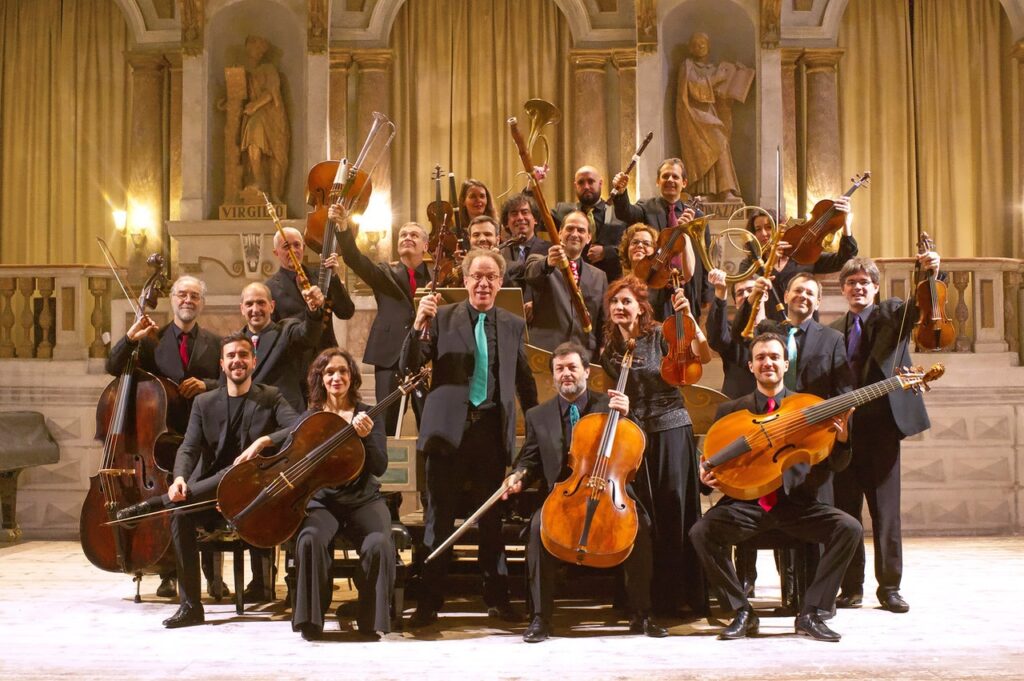
Does classical music today have an image problem, and if so, how should it be addressed?
The problem starts by calling this music “classical,” or “old.” Are youth attracted by classical and old?? I’m afraid not. Recently Zefiro did a project with some break/jazz/fusion dancers. It worked out very well and it was nice to see so many young people on stage and in the audience immensely enjoying the music of Fux, Zelenka, Vivaldi, Telemann, Keiser, Geminiani, etc.
If music had not been possible as a career, what would you most likely be doing now?
I don’t really know. I’ve been obsessed with music since the age of 10 and I did not really cultivate many other serious interests. Sometimes I am jealous of postal workers who deliver letters from 6am to 1pm (in Italy, at least), meeting people in the neighborhood, and then having the whole afternoon free to listen to Bach cantatas. Maybe I should do that in my next life?
Finally, an important question about coffee: are you team moka or team napoletana? And what’s your secret for making a good espresso at home?
Oh, no, I don’t do moka nor napoletana, sorry! I am totally addicted to my Italian espresso machine with a portafilter. It gets very close to the caffè we have in Roman bars. I’m afraid I can’t tell you the brand of the machine, nor the brand of the coffee, which is also crucial for a good result. After having suffered the terrible coffee/soup of some Scandinavian hotels, I am considering taking my full coffee equipment to Toronto and risking confiscation at the border!
